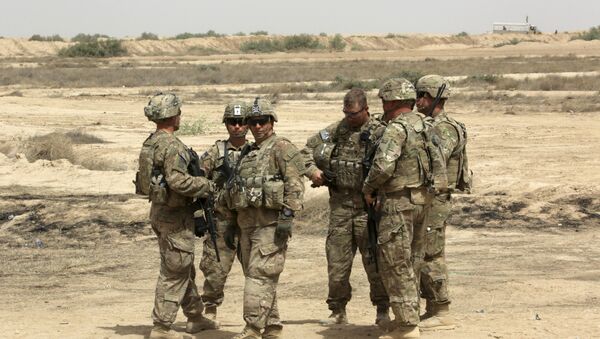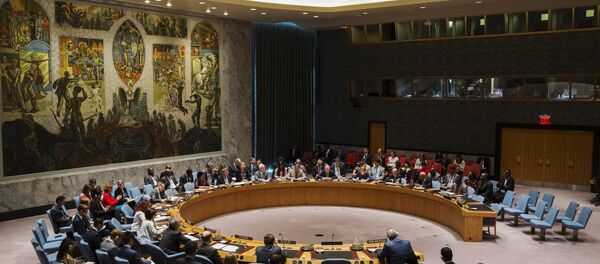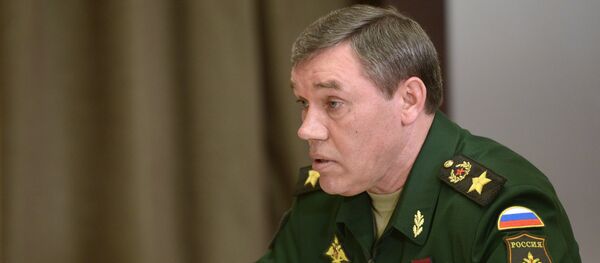Before the Paris atrocities, the White House was set to supply Syrian rebels with arms which would be used against President Bashar al-Assad supporters, US expert on Syria told Deutsche Welle.
But the terrorist attacks in Ankara, Beirut and Paris forced the US to reconsider its plans and stop delivering arms to Syrian rebels. Washington also called for Saudi Arabia and Qatar to do the same, Landis added.
Besides such minor changes, President Barack Obama would go ahead with the country’s current anti-ISIL strategy. It would include airstrikes, limited use of Special Operation Forces, and cooperation with Kurdish fighters. Washington has also been forced to abandon ground operation plans due the failures of US troops in Iraq and Afghanistan.
"If the US really intended to support Kurdish fighters so they can take control over the Arab territories there would be an ethnic war. The Kurds would defeat the Arabs but there would still be chaos," the analyst concluded.
No country and no security service alone can eliminate the threats coming from ISIL, Fred Burton, vice president at think tank Stratfor, said.
The terrorist attack against a Russian passenger airliner in Egypt and the subsequent attacks in Paris have shown that ISIL’s activities are intensifying outside the seized territories. A proper response would be international cooperation against terrorism, he told Sputnik Radio.
"This cooperation is yet to be established. A number of various obstacles are to be surmounted," the analyst underscored.
The current refugee influx to Europe is another source of problems for security services. And again, effective cooperation between countries is needed.
"There is a great amount of migrants coming to Europe now. No security service alone can handle this situation, even such powerful agencies as the CIA, FSB or MI5," Burton said.
The recent terrorist attacks should mobilize security services for cooperation to counter global challenges, he concluded.





